Yannick: What I learned from James Levine
mainIn an article on the Met musicians’ website, the incoming music director reflects on his predecessor:
I have a personal story to share: Back in 2009, many months before my Met debut with Carmen, I expressed a wish to perform the opéra comique version of Carmen (with spoken dialogue). Jimmy asked for a phone conversation with me. Of course, I was very impressed by this gesture, and I was looking forward to finally speaking with my hero! When we spoke, he told me that he understood my wish, but at the same time he explained why he thought that at the Met it was actually preferable to remain with the grand opéra version (with sung recitatives).
He did this in such a collegial way, infectiously convincing, that I was convinced by his arguments! Of course, at the end of the day, he was the Music Director, but most of his colleagues in such a position would have done this in a very different, much less collaborative way. He talked to me with a blend of experience and a genuine feeling of dialoguing between musicians, which I think tells a lot about Jimmy’s human qualities.
Full article here.
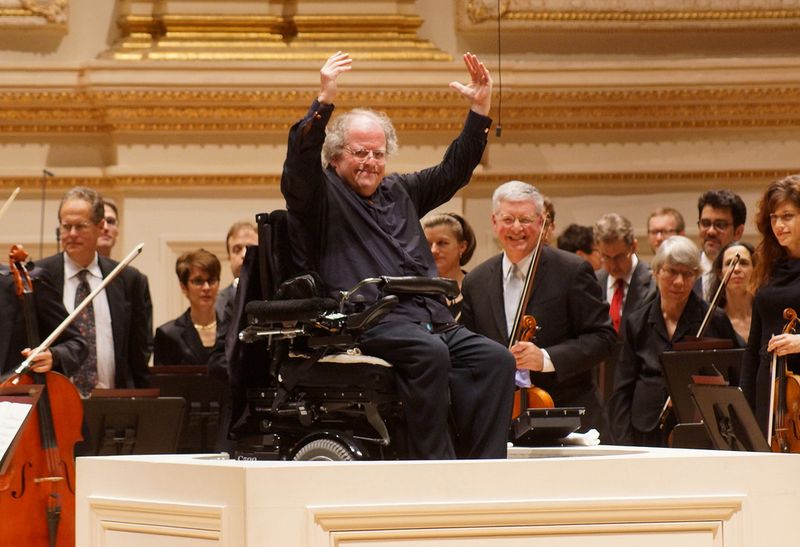

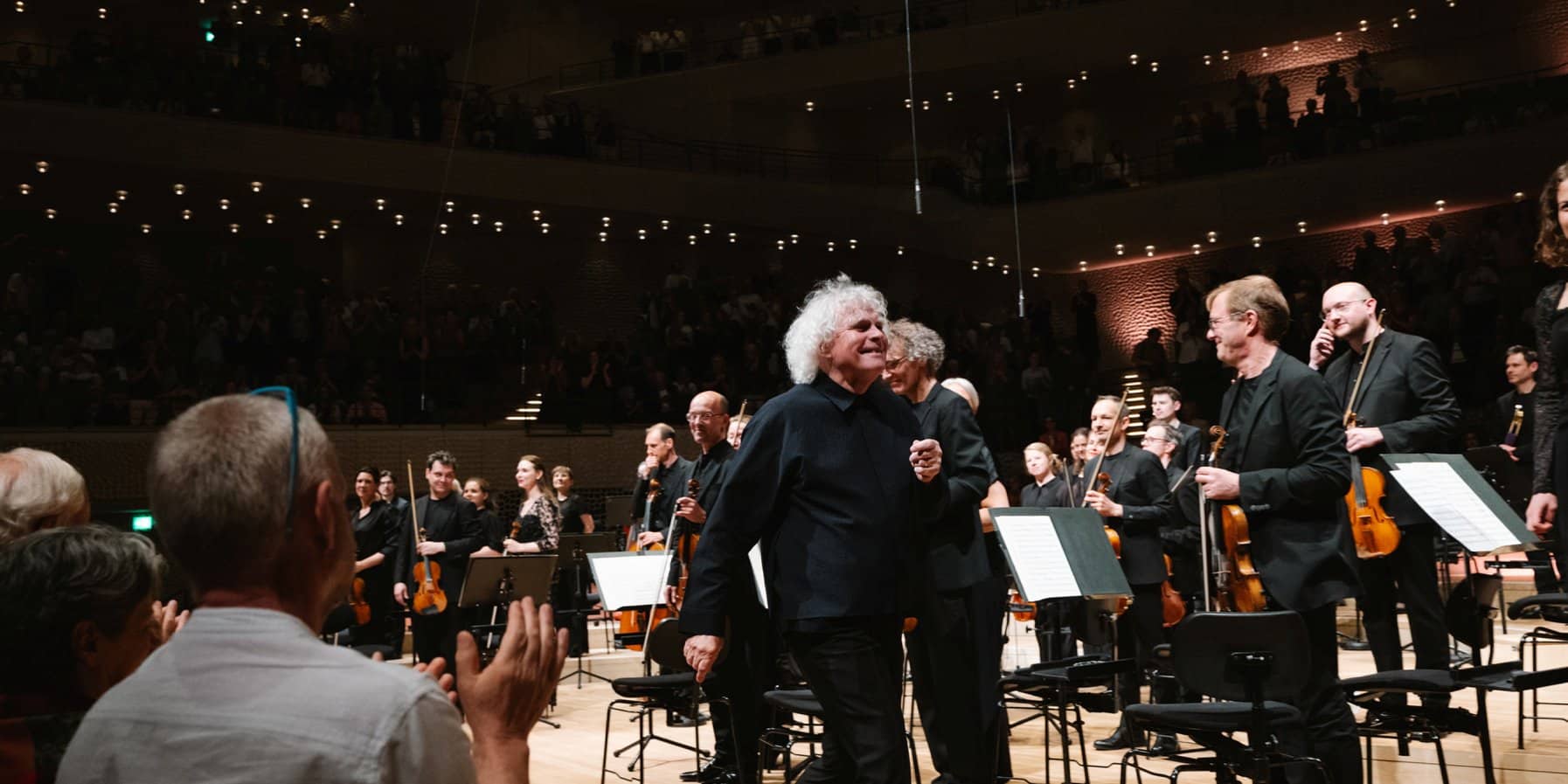
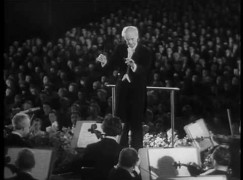
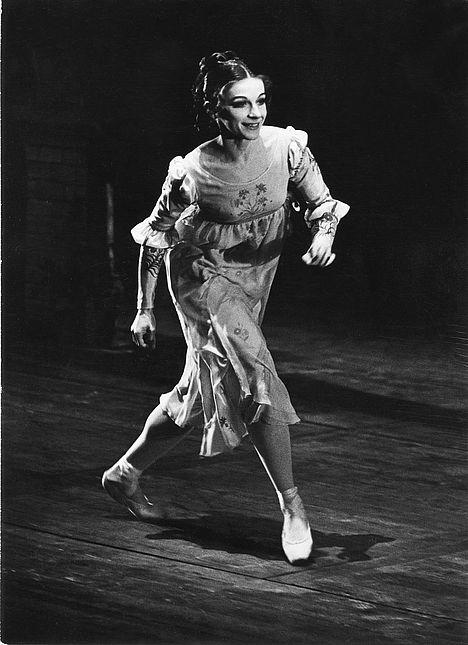
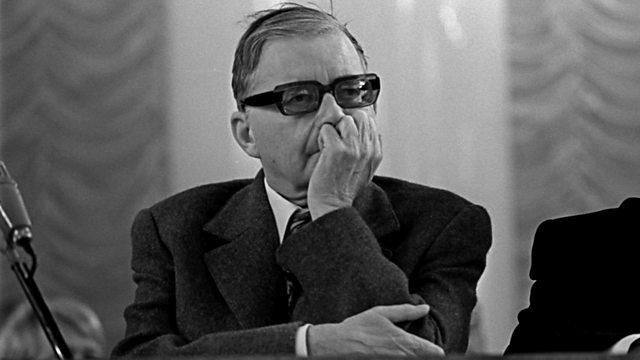
Well, I am soryy, but YNS was right: the (original) opera comique version is way better than the one with added recitatives!
“When we spoke, he told me that he understood my wish, but at the same time he explained why he thought that at the Met it was actually preferable to remain with the grand opéra version (with sung recitatives).”
You’ve got a point! (I should have read the excerpt a bit more carefully!)
I am curious to know the reasons why JL (and subsquently YNS himself) thought the grand opera version was more suitable for the MET. Is it the size of the house (as the aptly-named fliegende Amerikaner suggests)? or the fact that the MET audience is a bit conservative?
Bear in mind that Carmen’s recitatives were not written by Bizet (although he planned to write them, but died too soon), but by Guiraud… Not the same level of genius, if you ask me…
The original version of Carmen was written for the Opéra Comique, seating about 1200, in contrast to the Met’s 3800. Spoken dialogue, like any play, relies primarily on conversational-volume speech that occasionally rises to a shout or falls to a whisper. All but the shouting would be lost in a theater the size of the Met. When singing recits, singers marshal all of their vocal technique to project their voices to the back of the hall; Guiraud aids them in the quest to be heard by creating a more uniform level of volume than would be used in speech.
Then there is the matter of accent. Any singer worthy of performing at the Met will sing flawlessly in French, but that’s not usually the case with speech. In a multi-national cast, the French dialog will end up being spoken with noticeable Bulgarian, German, American, Ausstralian and whatnot accents.
All excellent points!
(But then, should Pelleas et Mélisande, also created at the Opéra Comique, be played at the Met? The diction requires not only perfect sung French, but also perfect spoken French; and also only small houses really fit the score.)
Could it be that because the Met is such a large house, spoken audience can be inaudible to some audience members, especially in the back of the orchestra or the higher sections?
This article mentions that the Met has previously amplified spoken dialogue:
http://www.nytimes.com/2013/12/29/arts/music/jeremy-sams-directs-die-fledermaus-at-the-met.html
One time I was in standing room on the Family Circle level. There were moments when I could barely hear Angela Gheorghiu in the old Franco Zeffirelli production of La Traviata.